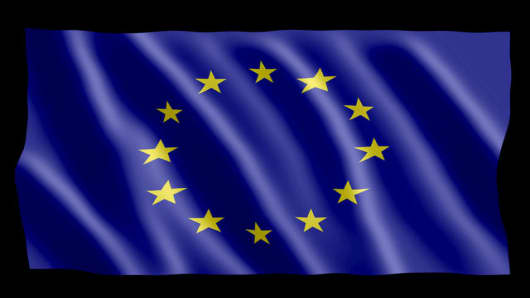An EU diplomat said finance ministers had rubber-stamped the proposals drawn up by current EU president France with few amendments.
The French document is now effectively the EU's position for the G20 summit to apply globally the lessons learnt from the worst financial market crisis since the 1930s Great Depression.
"Our policies have to go beyond simply stabilising the financial markets," Luxembourg Prime Minister Jean-Claude Juncker, head of the group of euro zone nations, told the European Parliament.
The French plan would give emerging countries more say in global financial stewardship and increase the accountability of credit rating agencies, accounting rule-setters, banks and their top management.
The fundamental aim is to curb "short-termism" in financial markets, improve accountability and responsibility, anticipate risk better and increase transparency, said the document, a draft copy of which was obtained by Reuters.
"This is the right objective. I have always said Europe has a big responsibility and I think this is the right point in time for that," Austrian Finance Minister Wilhelm Molterer said.
"It is important that Europe speaks with one voice, there might be differing opinions on one or other detail but the direction is right."
A New Bretton Woods
European leaders such as British Prime Minister Gordon Brown and French President Nicolas Sarkozy want a "Bretton Woods"-style reworking of supervision of global capital markets.
The Bretton Woods institutions are the World Bank and the International Monetary Fund, set up after World War Two.
The two are dominated by G8 members -- the United States, Russia, Japan, Canada, Britain, France, Germany and Italy -- even though a country such as China now has a bigger economy than many of them.
U.S. officials have been more circumspect than the Europeans about how they see possible reforms. Reformers say it is essential for developing countries to take a bigger role in the global system, including the IMF.
Britain's Brown, on a visit to Gulf states, called on Saudi Arabia, China and other relatively wealthy countries to help raise hundreds of billions of dollars for a new IMF facility to stabilise struggling economies.



